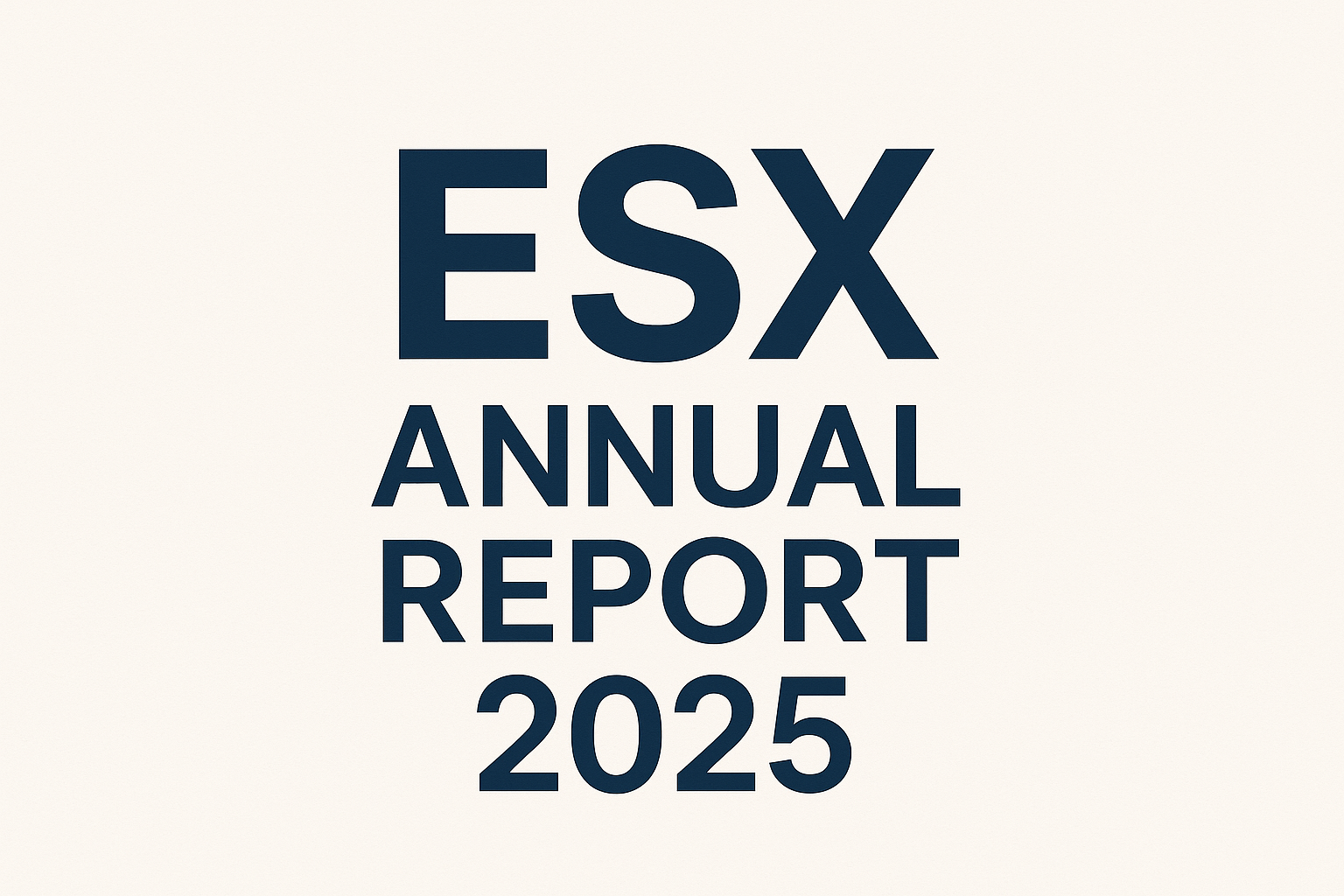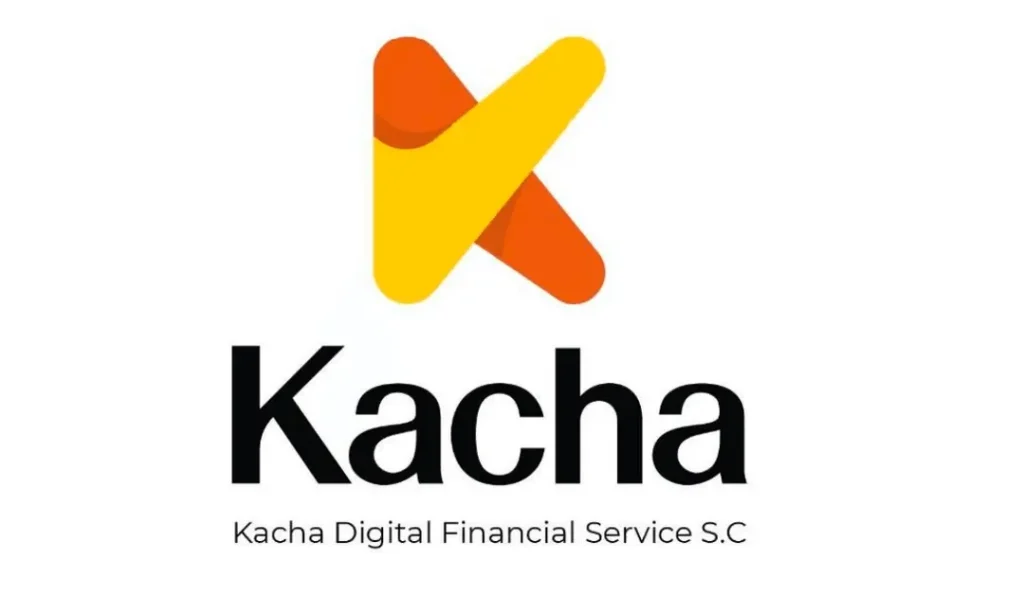KCB Group Poised to Become Ethiopia’s First Foreign Bank in 50 Years
Kenya’s largest financial institution, KCB Group, is in final negotiations with Ethiopia’s central bank to become the first foreign bank to operate in the country since its banking sector nationalization in 1975. This historic move follows Ethiopia’s landmark *Banking Business Proclamation reform passed in November 2024, ending a half-century ban on foreign financial institutions.
Key Developments
1. Entry Strategy & Timeline:
KCB is exploring entry through one of four approved pathways: establishing a local subsidiary, acquiring stakes in Ethiopian banks, opening a branch, or launching a liaison office. The National Bank of Ethiopia (NBE) expects KCB to commence operations “in the near future,” with the first foreign banking license likely issued by late 2025.
2. Ownership Restrictions
Under Ethiopia’s new banking law, foreign ownership is capped at 40% per strategic investor, with total foreign shareholding limited to 49% in any domestic bank. This ensures majority Ethiopian ownership.
3. Capital Requirements:
Foreign banks must inject $39.7 million in paid-up capital, five times higher than Kenya’s current threshold. Funds must be deposited in hard currency upfront.
Why Ethiopia? The Untapped Opportunity
– Massive Underserved Market: With 126 million people, only 35% of Ethiopian adults have formal bank accounts compared to 83% in Kenya. This gap presents a lucrative growth frontier.
– Economic Liberalization: Prime Minister Abiy Ahmed’s reforms aim to attract foreign investment, stabilize the economy, and modernize the financial sector. The removal of mandatory Treasury bond purchases for banks by June 2025 further incentivizes foreign entry.
– KCB’s Regional Ambitions: The Nairobi-based group reported $1.5 billion in revenue in 2024 and operates subsidiaries across six African nations. Ethiopia aligns with its strategy to dominate East African finance.
Challenges & Controversies
– High Entry Barriers: Beyond capital, KCB must provide investment-grade credit ratings, audited financials, and comply with local data storage rules.
– Local Bank Concerns: Critics fear foreign giants like KCB could marginalize Ethiopia’s 32 domestic banks, especially smaller ones, and focus only on urban elites. The state-owned Commercial Bank of Ethiopia (CBE) still controls 48% of assets.
– Regulatory Safeguards: The NBE mandates Ethiopian-majority boards and is phasing in stricter capital requirements ($5 billion birr by 2026) to protect stability.
Regional Implications
KCB’s entry is expected to catalyze a wave of foreign investment:
– Kenya’s Equity Group and Nigeria’s FirstBank are also eyeing Ethiopia.
– The move signals deepening East African financial integration, with Kenyan expertise in mobile banking (e.g., M-Pesa) potentially accelerating Ethiopia’s fintech adoption.
What’s Next?
KCB will likely leverage its existing Ethiopia presence, a representative office opened in 2015, to fast-track its launch. If successful, it could reshape Ethiopia’s banking landscape through digital innovation, SME lending, and expanded credit access. All eyes now await the NBE’s final license approval, expected within months.
This story is developing. Follow for updates.







